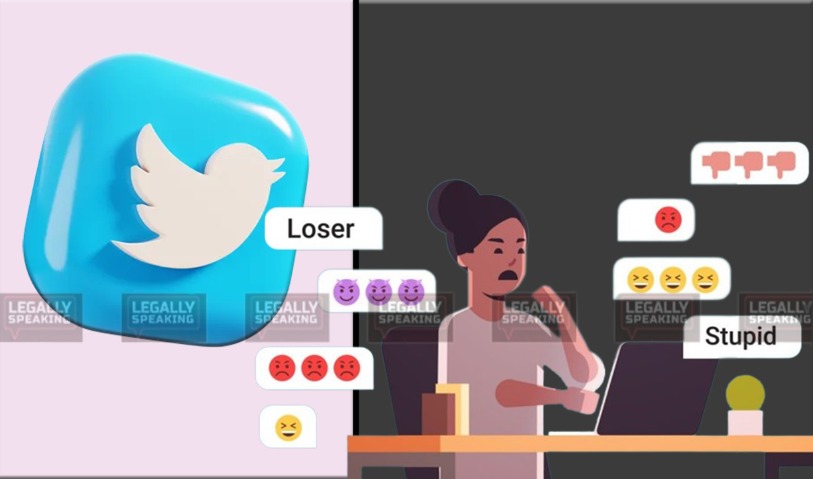
Australia’s online safety regulator has issued a formal request to Twitter, seeking clarification on the social media platform’s efforts to combat the increase in online hate speech since Elon Musk acquired it. The eSafety Commission, Australia’s government agency dedicated to online safety, reported that it has received more complaints regarding online hate on Twitter compared to any other platform over the past year. Since Musk’s takeover in October, the agency has observed a rising number of reports concerning severe online abuse.
Julie Inman Grant, the eSafety Commissioner, stated that she sent a notice to Twitter, consisting of 36 specific inquiries regarding the enforcement of the platform’s policies on hateful conduct. Failure to provide factual and accurate responses within 28 days may result in fines of up to 700,000 Australian dollars ($476,000) per day of delay, as determined by an Australian judge.
Inman Grant emphasized, “The whole idea of the basic online safety expectations is that global companies like Twitter are enforcing their own policies … and that they’ve got people and technology to keep their platforms safe.”
” They have a Hateful Conduct policy that says you may not directly attack other people on the basis of race, ethnicity, gender, etc., and I want to know if fundamentally they are enforcing this policy and how effectively they are doing so,” Inman Grant explained.
Twitter did not provide an immediate response to the request for comment made on Thursday.
The eSafety Commission’s notice was prompted by Musk’s announcement in November, in which he granted “amnesty” to suspended accounts. As a result, 62,000 previously banned or suspended users, including 75 accounts with over 1 million followers each, were reinstated on the platform, according to a statement by the eSafety Commission.
Under Musk’s leadership, Twitter’s global workforce has been significantly reduced from 8,000 employees to 1,500, resulting in cuts to trust and safety teams. Additionally, Twitter has removed all public policy staff from Australia.
Inman Grant highlighted that Indigenous Australians, disabled individuals, and members of the LGBTQ+ community experience online hate at twice the rate of other Australians.
” A third of all reports into our office of online hate are coming from Twitter. It’s been a huge surge since October ’22 when Elon Musk took over,” stated Inman Grant in an interview with the Australian Broadcasting Corp. She further said, “Twitter has always been fiery in terms of discourse, but it’s turned into an absolute bin fire. A lot of the changes to the algorithms have made people feel like you see more toxicity, much more coarse discourse. But without lifting the hood and using these transparency powers, we really don’t know what’s happening and this is where we’re trying to get to the bottom of things.”
The negative experiences with Twitter extend beyond Australia, as American advocacy group GLAAD recently highlighted the inadequate protection of LGBTQ+ users from hate speech and harassment on major social media platforms. GLAAD’s annual Social Media Safety Index gave low or failing scores to Facebook, Instagram, TikTok, YouTube, and Twitter, indicating that these platforms fall short in ensuring user safety. However, most of them showed improvement compared to the previous year.
Twitter, on the other hand, stood out as the exception. According to GLAAD’s scorecard, it was deemed “the most dangerous platform for LGBTQ people” and the only platform to experience a decline in scores, dropping from 45% to 33% compared to the previous year.
According to the British rights group Center for Countering Digital Hate, instances of racial slurs on Twitter significantly increased immediately after Elon Musk acquired the company.
In the week following Musk’s takeover, the center discovered that a racial epithet targeting Black people appeared over 26,000 times, which was three times higher than the average for 2022.
Furthermore, the center’s research indicated that users with a Twitter Blue Check, indicating verified accounts, seemed to enjoy a certain level of impunity regarding the platform’s rules on online hate.
Julie Inman Grant, who chairs the Global Online Safety Regulators Network, stated that the network was formed in November with regulators from Britain, Ireland, and Fiji to collaborate on online safety matters. Additionally, each of the 27 European Union states will soon establish its own online harms regulator.
Inman Grant mentioned that Australia is engaging in discussions with other national regulators to share information and explore potential joint regulatory actions.
She said, “We will be working with other governments to make sure that we’re shining a spotlight on these companies and getting them to improve their standards in doing the right thing”.




